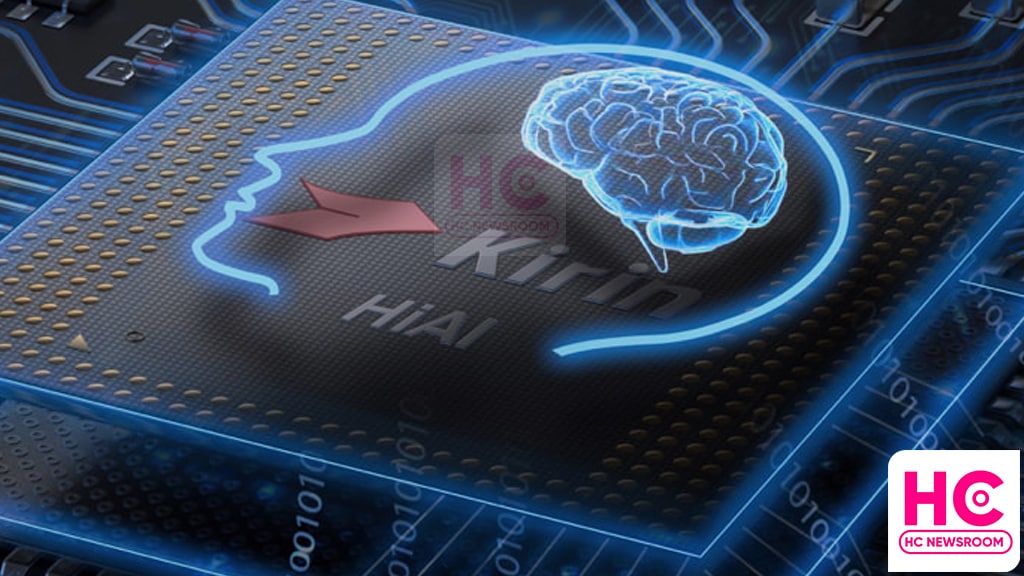News
Huawei and the quest for self-developed chipsets

Over the past three months, numerous reports speculated that Huawei is on a quest for self-developed chipsets for smartphones and other platforms. In this article, we’ll explore why the company needs this achievement now more than ever.
Time to start:
Huawei may want to start with the lowest node possible. Instead of waiting, the company is reportedly working with domestic players to make new chips.
Also, it would be better to start now, because it will allow the company to start research and development for advanced chip manufacturing. Current leaders in chip manufacturing including Taiwan’s TSMC and Samsung Foundry took years to develop their best tech in this segment. Thus, the company needs to dive into the research as much as possible.
Self-sufficiency:
This is one of the biggest focuses for the Chinese industry at the moment due to the lack of chip supplies. Since Huawei is banned by the US Government, the company cannot buy new processors. That’s why it needs self-sufficiency to resolve supply chain issues and get stable access to this tech for both mobile and other products.
Market Demand:
Breaking the bounds of the past two years’ tough situation, Huawei’s market share is surging back in China. Even its 4G phones are gaining popularity. That’s a momentum the company may not want to leave. In such a situation, 5G could boost its sales even further. Yet, 5G ready SoC and baseband need to come into action, which the company also seems to be working on.
Research and development:
Huawei has its own chip-designing subsidiary – HiSilicon with a deep experience in making chip design for years. This knowledge is paving the way for the Chinese industry to make new chips or indulge itself in new ventures.
Earlier this year, Huawei announced the achievement of EDA tools, which is an essential part of designing chipsets. This was only possible because of Huawei’s R&D cadre.
Huawei is complete in the quest for chipsets development, meanwhile, this story continues to get interesting as we wait for official details on this matter.






